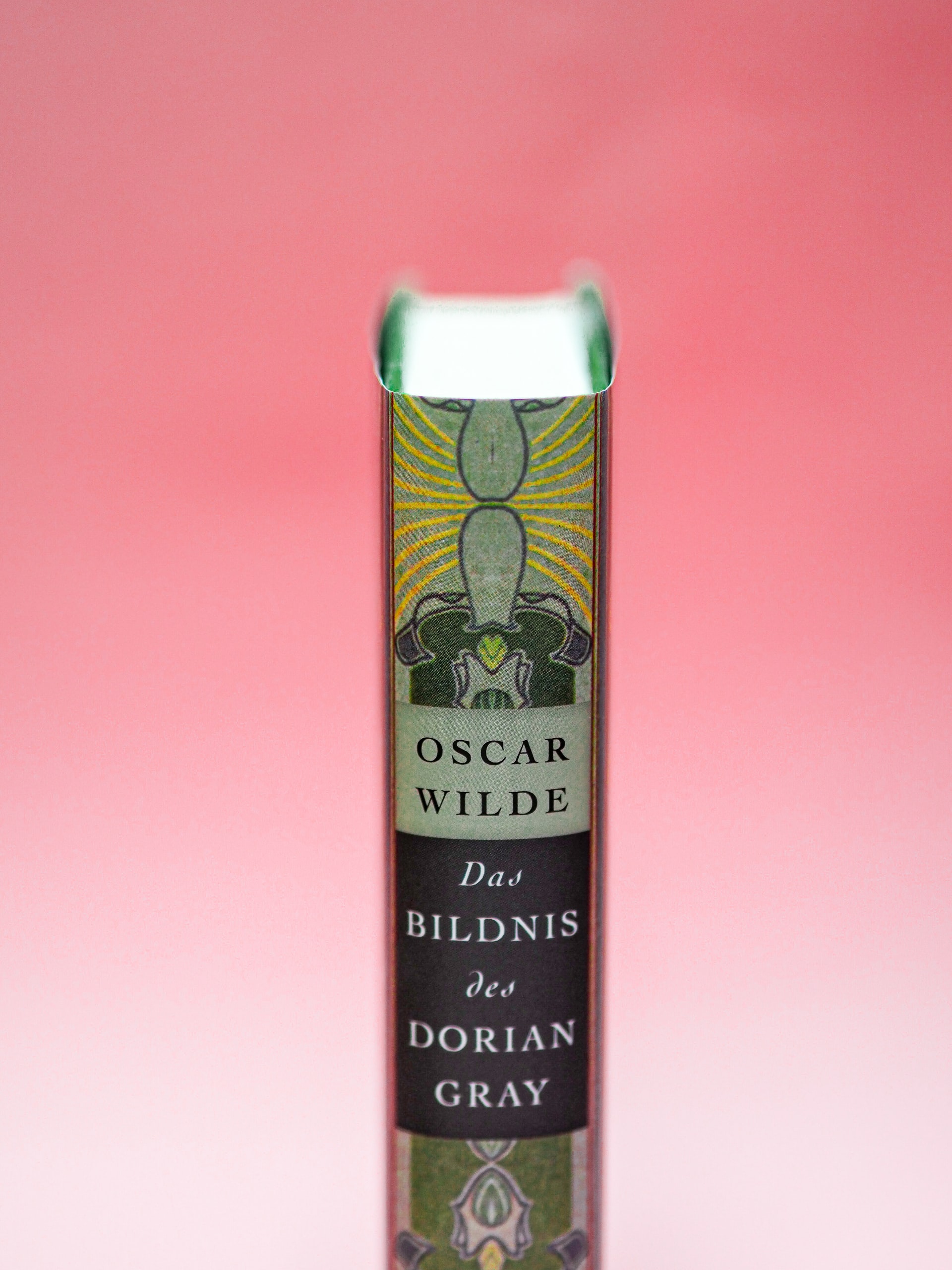In one captivating, emblematic scene in War and Peace, Tolstoy embodies every ideal to which Well Read Christian aspires. Two childhood friends are reunited after several years to discover they have grown into very different people, with very different views of life. Andrei is skeptical and cynical, rejecting belief in God, objective meaning to the universe or objective morality. Pierre is idealistic, religious, perhaps naive, but filled with purpose and a reason to live honorably. The conversation that ensues is exactly the kind we hope to encourage and facilitate in our podcast and blog. From the porch to the river, under a sunset and then the night sky, these two characters engage in a respectful, passionate and intellectual conversation, with mutual respect, admiration and love. This is the goal of Well Read Christian, captured in beautiful and iconic prose.





